Books
2019 | |

|
Martignon, L. & Hoffrage, U. (2019). Wer wagt, gewinnt? Wie Sie die Risikokompetenz von Kindern und Jugendlichen fördern können. [Who dares wins? How to foster risk competence in children and adolescents.] Göttingen: Hogrefe. |
|
Schurz, G. (2019). Hume's Problem Solved: The Optimality of Meta-Induction. Cambridge: MIT Press. |
|
|
Sprenger, J. & Hartmann, S. (expected 2019). Bayesian Philosophy of Science. Oxford University Press. |
|
2018 | |
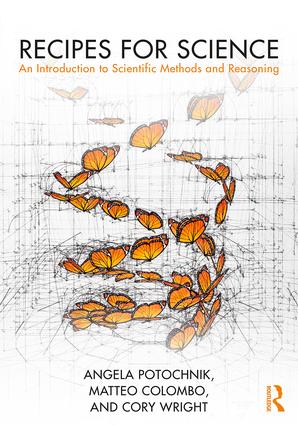
|
Potochnik, A., Colombo, M., & Wright, C. (2018). Recipes for Science. An Introduction to Scientific Methods and Reasoning. New York: Routledge. |
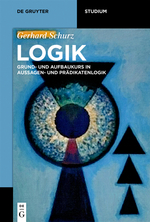
|
Schurz, G.(2018). Logik. Grund- und Aufbaukurs in Aussagen- und Prädikatenlogik. Berlin/New York: De Gruyter. |
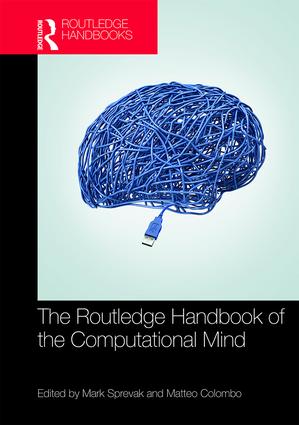
|
Sprevak, M., & Colombo, M. (Eds.) (2018). The Routledge Handbook of the Computational Mind. New York: Routledge. |
2017 | |
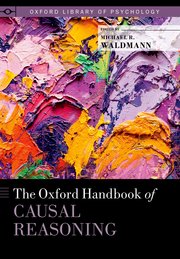
|
Waldmann, M. R. (Ed.)(2017). The Oxford Handbook of Causal Reasoning. Oxford: Oxford University Press. |
2016 | |

|
Freitag, W., Sturm, H., Rott, H., & Zinke, A. (Eds.) (2016). Von Rang und Namen - Philosophical Essays in Honour of Wolfgang Spohn. Münster: Mentis. |
2015 | |
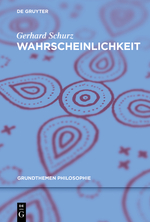
|
Schurz, G. (2015). Wahrscheinlichkeit. Berlin/New York: De Gruyter. |
2013 | |
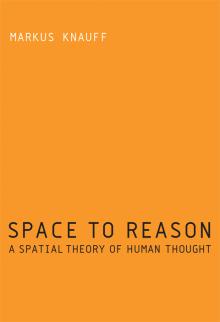
|
Knauff, M. (2013). Space to Reason: A Spatial Theory of Human Thought. Cambridge, MA: MIT Press. |
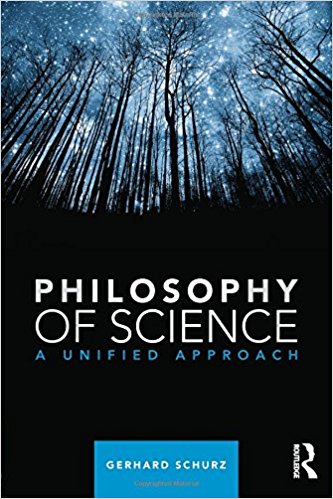
|
Schurz, G. (2013). Philosophy of Science: A Unified Approach. New York: Routledge. |
2012 | |
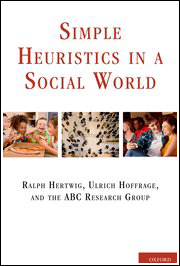
|
Hertwig, R., Hoffrage, U., & the ABC Research Group (2012). Simple Heuristics in a Social World. New York: Oxford University Press. |
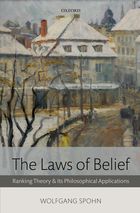
|
Spohn, W. (2012). The Laws of Belief. Ranking Theory and its Philosophical Applications. Oxford: Oxford University Press. |
BUCHKAPITEL
2017 | |
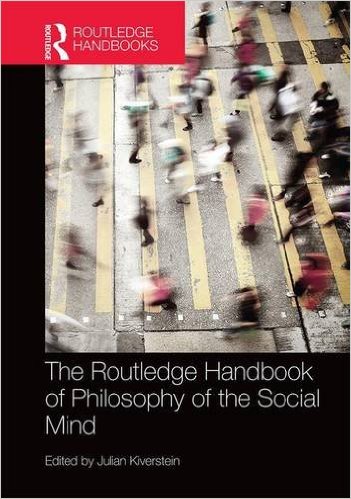
|
Colombo, M. (2017). Social motivation in computational neuroscience: Or if brains are prediction machines, then the Humean theory of motivation is false. In J. Kiverstein (Ed.), Routledge Handbook of Philosophy of the Social Mind (pp. 320-340). New York: Routledge. |

|
Gilio, A., Over, D. E., Pfeifer, N., & Sanfilippo, G. (2017). Centering and compound conditionals under coherence. In M. B. Ferraro, P. Giordani, B. Vantaggi, M. Gagolewski, M. Á P. Grzegorzewski, & O. Hryniewicz (Eds.), Soft Methods for Data Science (pp. 407-414). Dordrecht: Springer. |

|
Hertwig, R., & Hills, T. T. (2017). The evolutionary limits of enhancement. In A. D. Mohamed, R. Ter Meulen & W. Hall (Eds.), Rethinking Cognitive Enhancement. Oxford: Oxford University Press. |
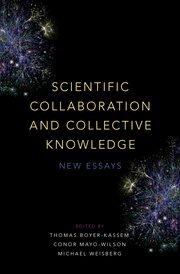
|
Martini, C., & Sprenger, J. (2017). Opinion aggregation and individual expertise. In T. Boyer-Kassem, C. Mayo-Wilson, & M. Weisberg (Eds.), Scientific Collaboration and Collective Knowledge. Oxford: Oxford University Press. |

|
Pfeifer, N., & Sanfilippo, G. (2017). Square of opposition under coherence. In M. B. Ferraro, P. Giordani, B. Vantaggi, M. Gagolewski, M. Á P. Grzegorzewski, & O. Hryniewicz (Eds.), Soft Methods for Data Science (pp. 253-260). Dordrecht: Springer. |

|
Waldmann, M. R. (2017). Causal reasoning: An introduction. In M. R. Waldmann (Ed.), The Oxford Handbook of Causal Reasoning. Oxford: Oxford University Press. |
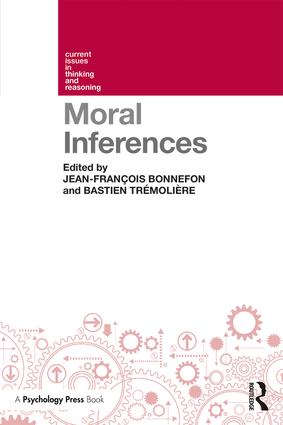
|
Waldmann, M. R., Wiegmann, A., & Nagel, J. (2017). Causal models mediate moral inferences. In J.-F. Bonnefon & B. Trémolière (Eds.), Moral Inferences (pp. 37-55). London: Routledge. |
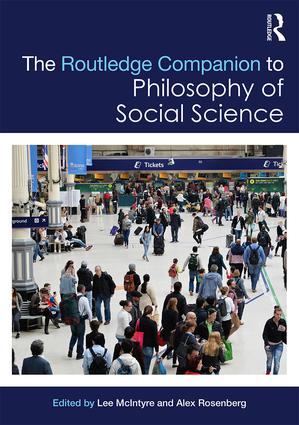
|
Wheeler, G. (2017). Machine epistemology and big data. In L. McIntyre & A. Rosenberg (Eds.), The Routledge Companion to Philosophy of Social Science (pp. 321-329). New York: Routledge. |
2016 | |
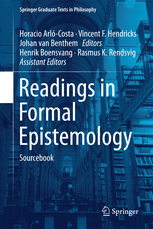
|
Rott, H. (2016). Belief Contraction in the Context of the General Theory of Rational Choice. In H. Arló-Costa, V.F. Hendricks & Johan van Benthem (Eds.), Readings in Formal Epistemology: Sourcebook (pp. 269-302). Cham: Springer. |

|
Rott, H. (2016). 'If Oswald Had Not Killed Kennedy': Spohn on Counterfactuals. In W. Freitag, H. Rott, H. Sturm & A. Zinke (Eds.), Von Rang und Namen - Philosophical Essays in Honour of Wolfgang Spohn (pp. 379-399). Münster: Mentis. |

|
Spohn, W. (2016). Wie Wünsche zweiter Stufe praktisch relevant werden. In N. Roughley, J. Schälike (Eds.), Wollen: Seine Bedeutung, seine Grenzen (pp. 123-144). Münster: Mentis. |
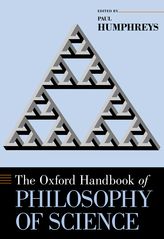
|
Sprenger, J. (2016). Confirmation and induction. In Paul Humphreys (Ed.), Oxford Handbook of the Philosophy of Science (pp. 185-209). Oxford: Oxford University Press. |
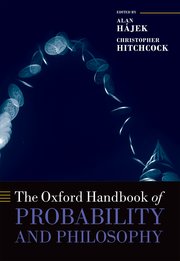
|
Sprenger, J. (2016). Bayesianism vs. frequentism in statistical inference. In A. Hájek & C. Hitchcock (Eds.), Oxford Handbook of Probability and Philosophy. Oxford: Oxford University Press. |

|
Eichhorn, C., Kern-Isberner, G., & Behring, K. (2016). Using background knowledge for AGM belief revision. In R. Seising & H. Allende-Cid (Eds.), Claudio Moraga: A Passion for Multi-Valued Logic and Soft Computing (pp. 275-294). Berlin: Springer. |
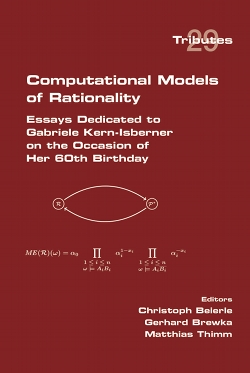
|
Spohn, W. (2016). Enumerative Induction. In C. Beierle, G. Brewka, M. Thimm (Eds.), Computational Models of Rationality: Essays Dedicated to Gabriele Kern-Isberner on the Occasion of Her 60th Birthday (pp. 112-131). London: College Publications. |
2015 | |
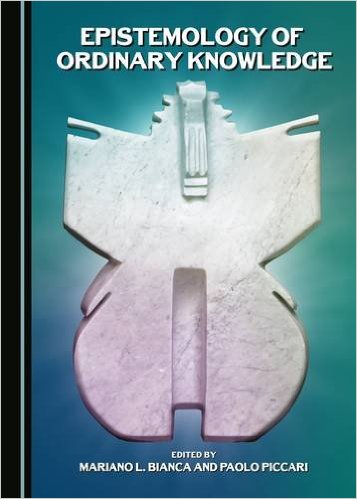
|
Cevolani G. & Crupi V. (2015). Subtleties of naïve reasoning: Probability, confirmation, and verisimilitude in the Linda paradox. In M. Bianca & P. Piccari (Eds.), Epistemology of Ordinary Knowledge, (pp. 211-230). Newcastle upon Tyne: Cambridge Scholars. |
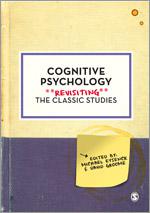
|
Fiedler, K., & von Sydow, M. (2015). Heuristics and biases: Beyond Tversky and Kahneman's (1974) Judgment under uncertainty.
In M. Eysenck, D. Groome (Eds.), Cognitive Psychology: Revisiting the Classic Studies (pp. 146-161).
London: SAGE Publications.
|

|
Martignon, L. (2015). Information Theory. In J. Wright (Ed.), International Encyclopedia of the Social & Behavioral Sciences (Second Edition) (pp. 106-109). Elsevier. |
2014 | |

|
Girard, P., & Rott, H. (2014). Belief Revision and Dynamic Logic. In A. Baltag & S. Smets (Eds.), Johan van Benthem on Logic and Information Dynamics (pp. 203-233). Cham: Springer. |
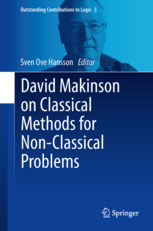
|
Hansson, S.O., & Rott, H. (2014). Safe Contraction Revisited. In S.O. Hansson (Ed.), David Makinson on Classical Methods for Non-Classical Problems (pp. 35-70). Dordrecht: Springer. |
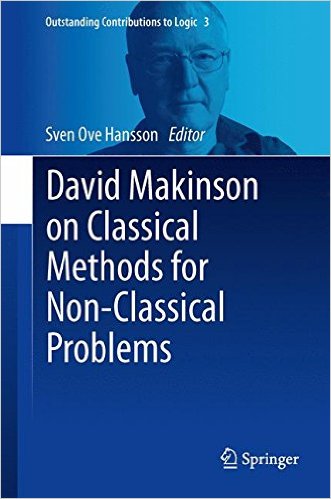
|
Spohn, W. (2014). AGM, Ranking Theory, and the Many Ways to Cope with Examples. In S. O. Hansson (Ed.), David Makinson on Classical Methods for Non-Classical Problems (pp. 95-118). Dordrecht: Springer. |

|
von Sydow, M. (2014).
'Survival of the fittest' in Darwinian metaphysics - tautology or testable theory?
In E. Voigts, B. Schaff, M. Pietrzak-Franger (Eds.), Reflecting on Darwin (pp. 199-222). Farnham, London: Ashgate.
|
2013 | |
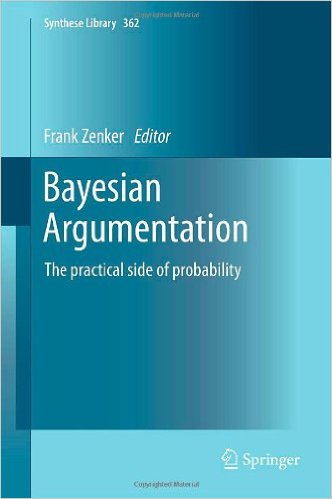
|
Pfeifer, N. (2013). On argument strength. In F. Zenker (Ed.), Bayesian Argumentation. The Practical Side of Probability (pp. 185-193).
Dordrecht: Synthese Library Vol. 362 (Springer).
|
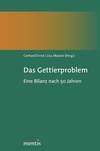
|
Spohn, W. (2013). 50 Jahre Gettier: Reichen vielleicht. In G. Ernst, L. Marani (Eds.), Das Gettierproblem: Eine Bilanz nach 50 Jahren (pp. 179-197). Münster: Mentis. |
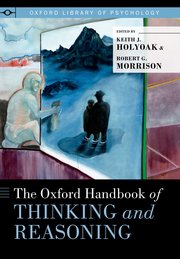
|
Waldmann, M. R., Nagel, J., & Wiegmann, A. (2013). Moral judgment. In K. J. Holyoak & R. G. Morrison (Eds.), The Oxford Handbook of Thinking and Reasoning (pp. 364-389). Oxford: Oxford University Press. |
2011 | |
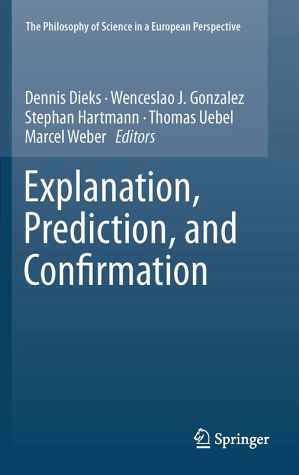
|
Spohn, W. (2011). Normativity is the Key to the Difference Between the Human and the Natural Sciences. In D. Dieks, W. J. Gonzalez, S. Hartmann, T. Uebel, M. Weber (Eds.), Explanation, Prediction, and Confirmation (pp. 241-251). Dordrecht: Springer. |